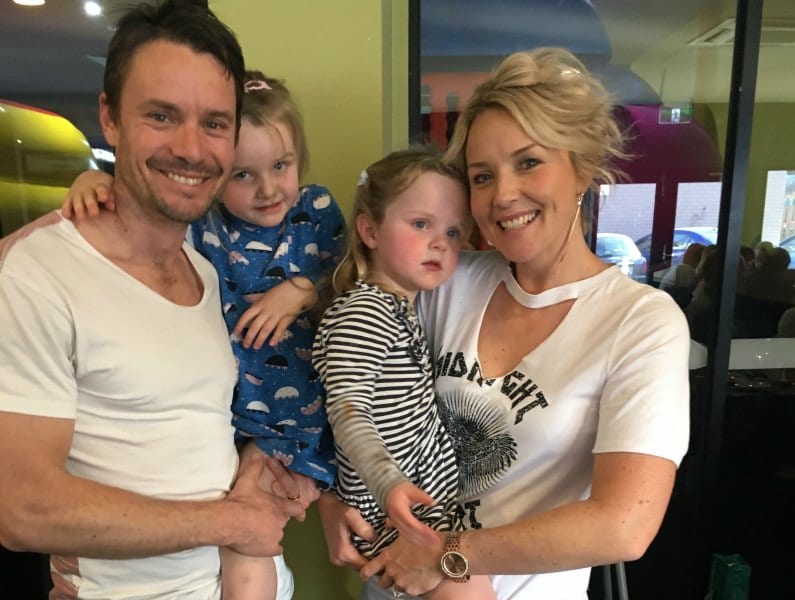It’s the start of a new financial year and that means celebration and refocus for the exciting new challenges ahead in the next 12 months
One of the best things about my role as a facilitator is that I am fortunate to work closely with high performance CEOs, MDs and their teams, all of whom aspire to be higher performing. Although each team is unique, I have recently been reflecting on the common trends I have observed among them on what it takes to build their desired culture.
This week I completed an introduction to Leading Teams with a new client – PETstock – at their annual conference in beautiful Port Douglas. Sitting at the end-of-conference gala dinner under the stars, listening to PETstock CEO Shane Young close the conference, I started reflecting. He spoke passionately about suppliers, vets, and the overall team with glowing stories about how they have contributed to building a high performing culture. The way he genuinely rewarded his team with his feedback caused me to reflect on how the great leaders I am working with reward, model and challenge the behaviours they desire in their team and inspire enthusiasm for improvement.
I settled upon five characteristics that high performing leaders have in common.
- They know the true value of culture. At Leading Teams, we know that without followers, a leader cannot be a leader. Engaging the hearts and minds of your team is pivotal in continuous improvement and driving performance. I recently witnessed a fantastic example of a leader who went the extra mile to reward his team for a job well done. At the end of the session he handed each member of the team a book – individually chosen for them with a handwritten note to thank them for their commitment to living their values. When you take the time to celebrate the small wins, culture turns an individual into a team member.
- They aren’t afraid to show vulnerability. Emotions and feelings in a workplace can be risky business. But the high performing leaders I know don’t mind showing their team that they are human too. In fact, they use vulnerability as a powerful tool to build rapport and trust.
- They know that the dynamics drive the mechanics in their business. Investing in building relationships and modelling this behaviour so that team members see that it doesn’t matter if you’re the CEO or the part-timer, we should never consider ourselves too big to do the small things or be able to have a genuine conversation with anyone across the organisation. I remember one day walking into an office in Richmond and observing the CEO carrying the dishes out after the morning meeting and, whilst doing this, greeting a waiting visitor. In their trademark was ‘go the extra mile in everything we do’. A leader buying into a trademark and being fully committed is infectious.
- They can tell a ripping yarn. This ties in with point 2. There is a genuine skill in being able to tell a story about a team member while subtly referencing non-negotiable behaviours and trademarks. It’s also important to be able to tell a story where they own up to a mistake. Accountability starts with the leader and how honest they can be with themselves.
- They prepare and train hard. They train, they upskill, guide mentor, coach and develop talent. They invest time, effort, and money. They empower their team, they engage the hearts and minds of their followers. They actively promote a growth mindset and encourage team members to be authentic and to walk the talk. One of the first things I now ask with any client is, ‘Do you have a vision and mission?’ We know that a vision without action is a dream, but action without a vision can be debilitating.
Finally, the biggest learning I’ve had this year has been at home. Working at Leading Teams is my dream, and I do that alongside coaching a football team and playing in a band I love. But I couldn’t do any of it without the help of my wife, Kylie. She is the most important person in my life; she inspires me and is my motivator when on some days I feel scared or not good enough. Make sure that while you’re focusing on being a high performing leader that you don’t forget to genuinely thank your loved ones for their support.
Some great learnings. Thanks, Shane, for encouraging me to reflect on them!
Jake joined Leading Teams full-time in 2016 after first working with us as an athlete facilitator from 2000.
Learn more about Jake.




